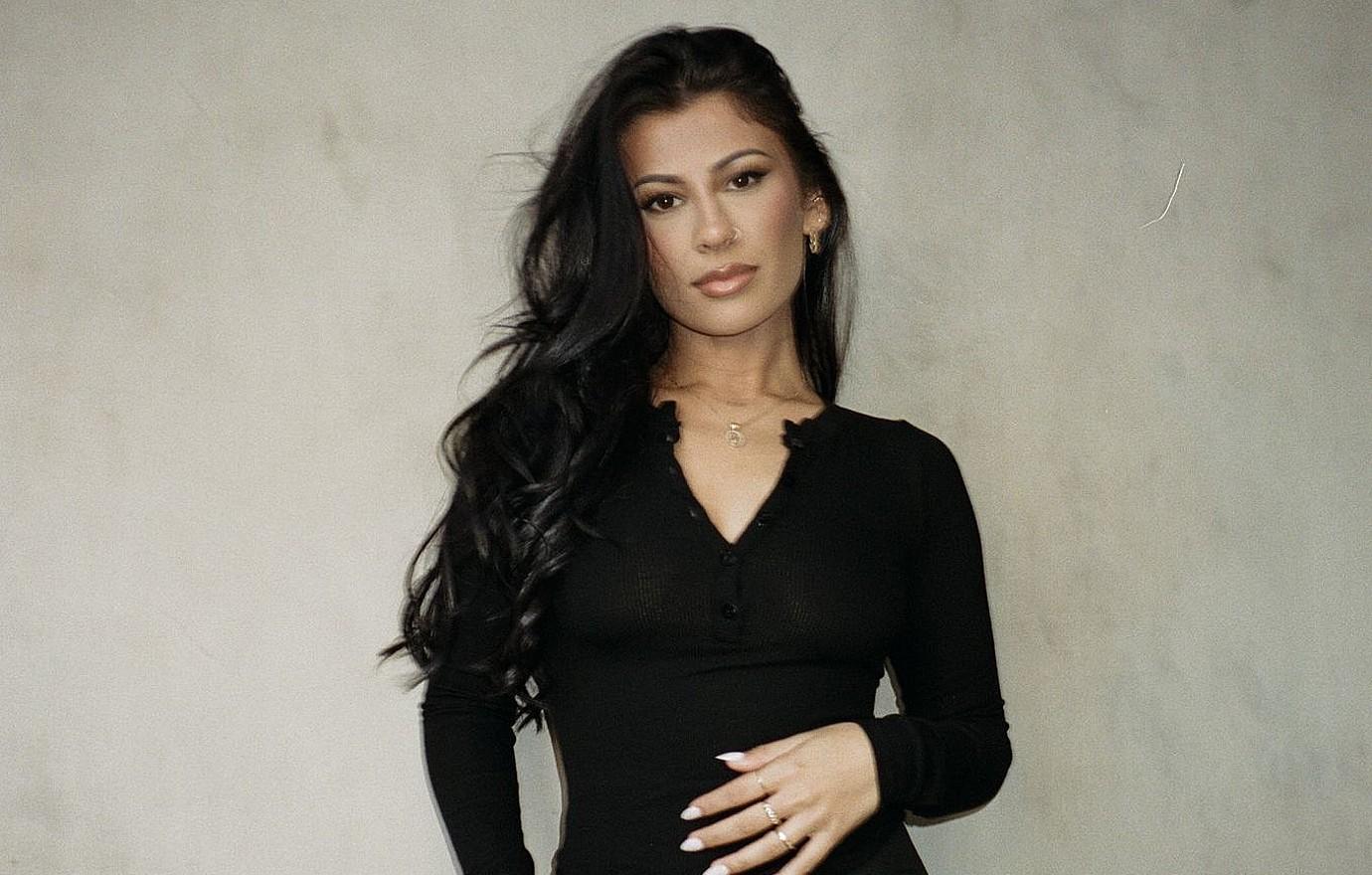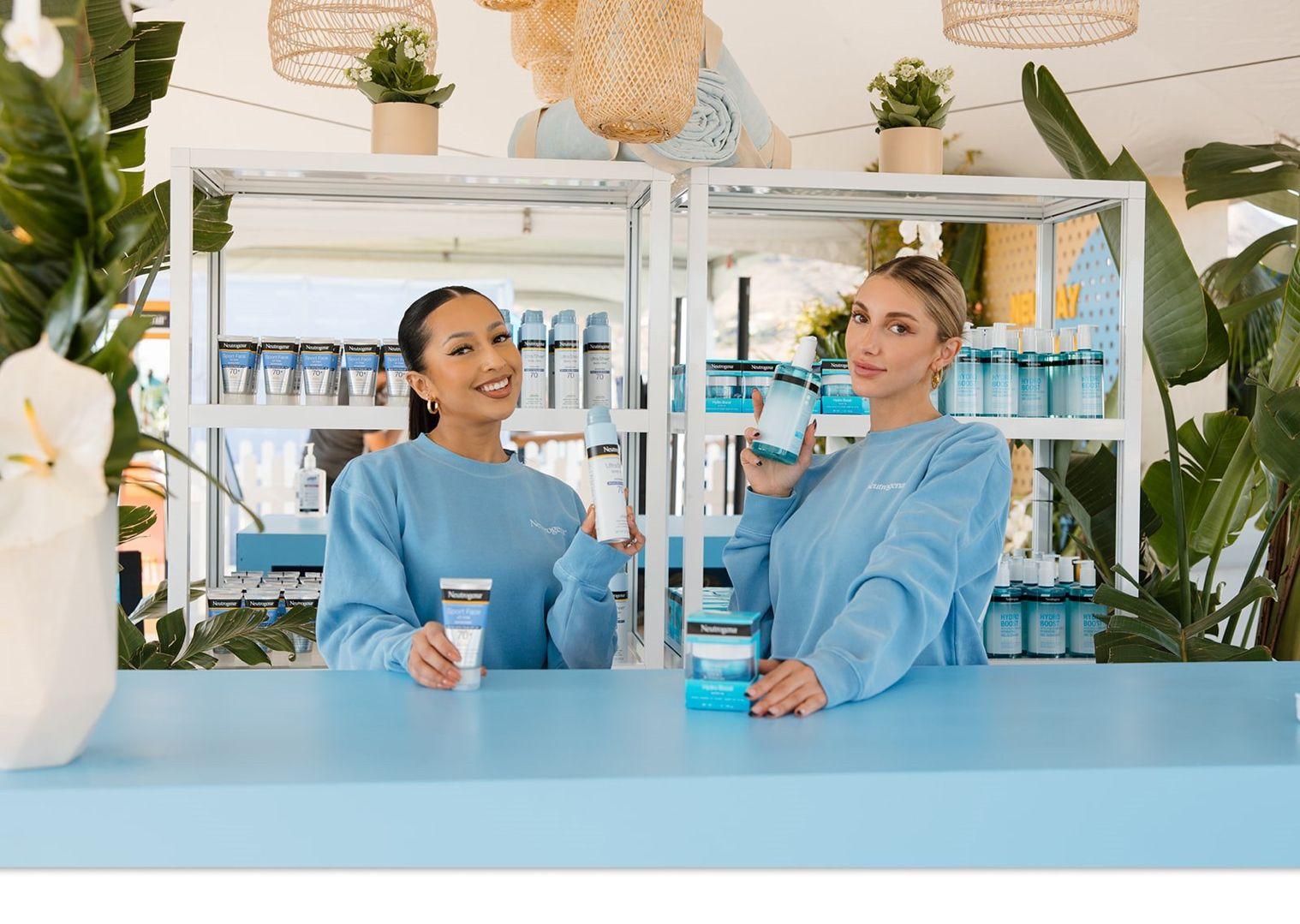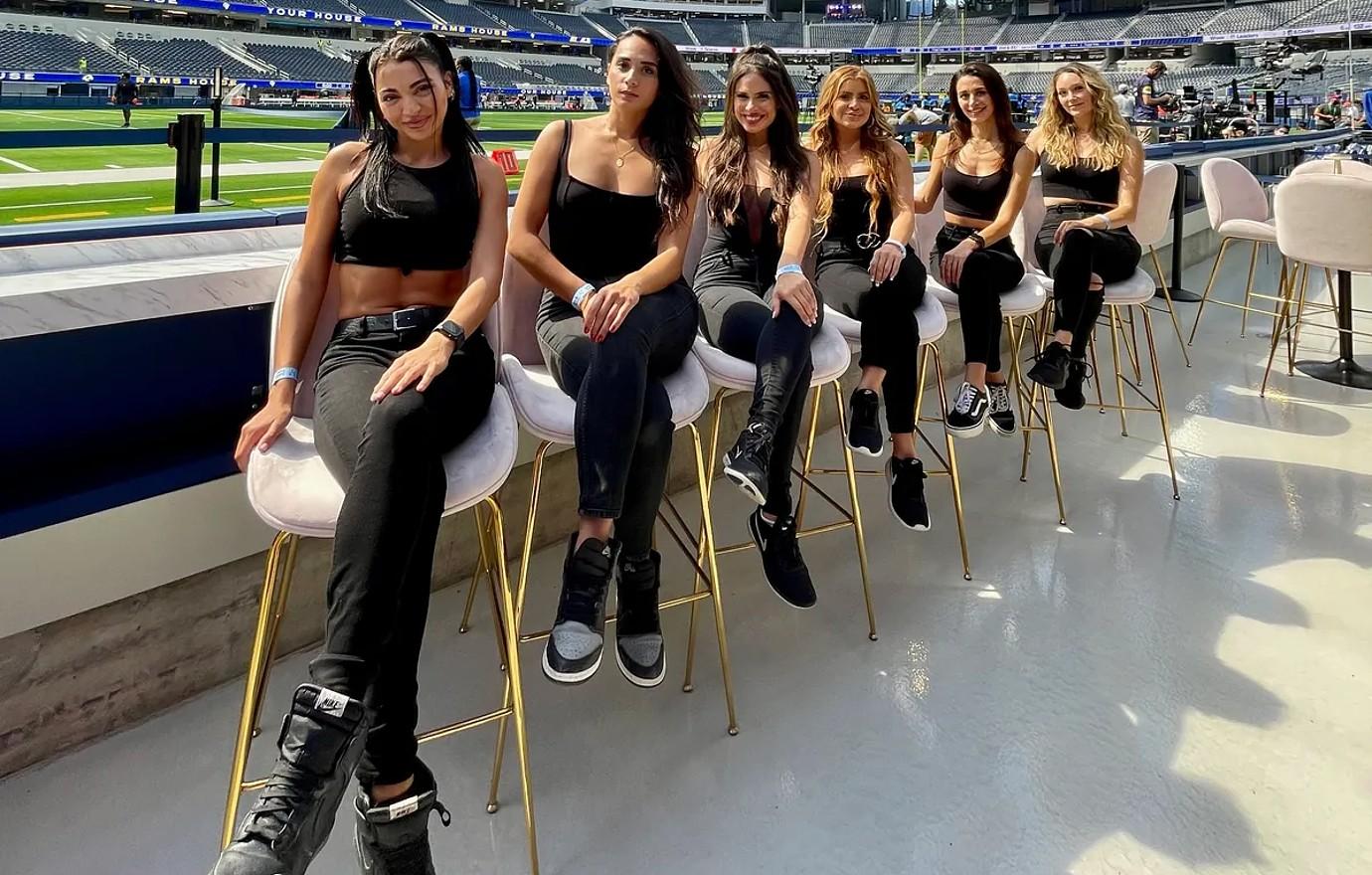
Exclusive: Celeste Durve 'Learned Everything the Hard Way' When Starting Her Company VIPER: 'I Wouldn't Change It for Anything'
July 9 2024, Published 4:47 p.m. ET
As a young intern in 2016, Celeste Durve noticed "brands spending up to a million dollars on high-level events. Yet, despite these big budgets, none of that investment went toward enhancing the guest experience through the brand’s staffing plan."
"Often, I was stationed at the front door to greet guests, highlighting this oversight. Recognizing this gap in hospitality, I decided to address it. I saw a niche in an industry I loved and built VIPER to fill it," the entrepreneur exclusively tells Morning Honey of starting her own business. "No matter how beautiful an event or cool the brand, we ultimately interact with people, not just businesses. Brands, venues and events needed to improve interpersonal hospitality. Why spend a ton of money on an event if guests can't even get in or have a poor experience due to chaotic entry and subpar service? These issues needed to be fixed."

Celeste Durve started VIPER by 'accident.'
The businesswoman was born and raised in Los Angeles, Calif., and when she would see the lights and billboards throughout Sunset Boulevard, she dreamed of being part of that world. "I would read about L.A. history and the famous moments at the Chateau Marmont and all our iconic venues. As I got older, I really wanted to explore the industry side of it. I was never a true party girl, but I loved the vibe of nightlife. I loved getting dressed up and meeting new people," she says of working in nightlife. "I was a night owl, so I would go to these events at 10 p.m., then go to a diner afterward and stay up until 4 a.m. thinking about how I could improve them all."
From there, she "started" her career by calling people who would throw parties and "asked them to hire me and my girlfriends to check all their guests in at the front door."
"They would hire us, but then I had to fill out all my friends' W-9s individually and try to get us paid. I remember sitting on the floor of my first apartment with a handwritten ledger trying to mail all these checks out. It was a mess, so I decided to incorporate," she recalls, adding that launching VIPER was "an accident."
Though an "accident," it benefited Durve in the long run.
"Now, VIPER has expanded services and grown as a brand. We focus on hospitality strategy and operations, with the bulk of our work in staffing solutions. We work with celebrities, enterprise brands, stadiums, small companies and private clients. We offer a variety of services like brand ambassadors, cocktail servers, models, user-generated content (UGC) creators and strategy consultants. We’re extremely well-versed in experiential hospitality; we’ve got it down to a science," she shares, noting the company's mission is "elevating interpersonal hospitality while redefining the future of work."
Notably, VIPER has a partnership with SoFi Stadium, where they oversee the VIP hospitality for the field-side lounge, adding another dimension of prestige to their portfolio.

Celeste Durve was intrigued by L.A.'s nightlife scene.
Starting a company at a young age was a "huge learning curve" for Durve, especially since she "didn't come from a family of entrepreneurs or go to business school."
As a result, she "learned everything the hard way."
"I focus on delivering tangible results. It's great to be inspiring, but I think results weigh more. I focus on paying my team well, providing mentorship and connections to those who ask, and actually connecting dots for people. Merely existing as 'inspiration' doesn’t move the needle for me. Action and results are what I strive for," she declares.

Celeste Durve wants to keep expanding her company.
As for what the future holds, Durve, who is a Forbes 30 Under 30 honoree, has big plans for the company moving forward.
"We plan to be in all major U.S. cities and expand into a few global markets. I'd love to see us in London, Singapore, Paris, Dubai, etc. We’re at an interesting place when it comes to how Gen Z and Gen Alpha view work. They are less likely to follow a college-to-corporate America path and more likely to pick up side hustles and make money online. Simultaneously, many companies are laying off staff and becoming leaner agencies. We plan to continue bridging that gap on both sides by expanding options for temporary staffing solutions," she shares.
"I plan to move into impact at some point. I've always had a huge interest in social justice and creating change. In high school, my first venture was a non-profit called Hunger 4 Change, where I got hundreds of students to raise money for various causes. It ended up on KTLA. I'm really passionate about innovation and moving the needle for the next generation. I think we need to re-evaluate what makes sense when it comes to work-life balance and mental health, and I think I could play a role in that," she adds.
Ever since starting VIPER, Durve has pivoted and tried to go with the flow and not take anything personally — especially in business.
"Rejection is always redirection. I know that now. I used to get very upset, but now I'm incredibly good at saying, 'It is what it is,' and I rarely get upset. I truly believe the universe has my back, so if something doesn't go my way, I just say, 'OK, maybe next time,' and keep it moving. I do my best every day, and that's all I can control," she says.

Celeste Durve said the feedback for VIPER 'has been incredible.'
So far, the feedback for VIPER "has been incredible," and she's thrilled for what happens next.
"I sacrificed a lot, and I still do. While your friends are going on vacations or buying clothes, you're saving up to pay your lawyer or your accountant. It's a different lifestyle, and it requires a lot of independent thinking and resilience. But I wouldn't change it for anything," she says of being the founder. "No one really knows what they're doing. Everyone is figuring it out as they go along. Essentially, all of us who have big goals have imposter syndrome, and no one is focused on your every move. Learning this was a game-changer; it's important for everyone to understand."
"I hope to keep expanding and building. I want to be able to pay people really well, grow into new markets, and deliver incredible results for my clients. I love when everyone is happy at work. Work doesn’t have to be dark and depressing; it can be fun and well-paid. I hope to achieve that on a larger scale as we expand," she concludes.
